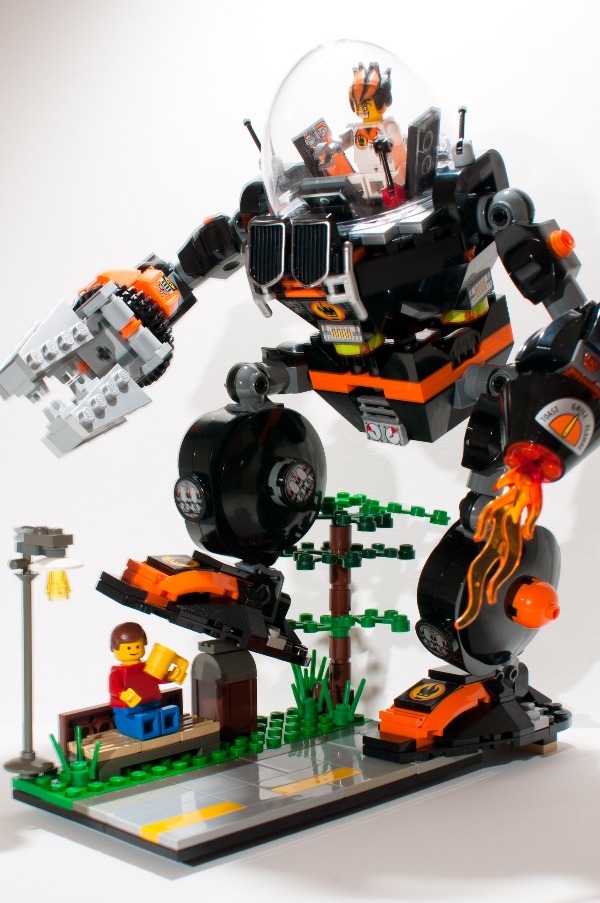When Bots Attack

Bots, automated software tools, got a lot of attention for their involvement in trying to manipulate news and the 2016 U.S. Presidential election. They can also be used as a weapon against business rivals. They can be used just because don't like someone or their website or business, or even for the delight of being able to do damage.
A local business in my home state of New Jersey, Melovino Meadery, was a recent victim. The small business makes handcrafted mead, that fairly rare alcoholic beverage made from fermented honey and water. Many small businesses rely on online reviews to attract customers, and bots can be used to post unfavorable reviews in an attempt to bring down a business' reputation online.
The meadery was hit by Russian bots and it makes you wonder why they would have interest in a small NJ business. It may not be Russians who have an interest, but someone closer to home who is using the Russian bots.
This Serendipity35 website was hit years ago by a denial of service attack. By hitting us with comment spam in attempts to add links to sites selling drugs and other items, they were able to bring us down for a time. Those attacks also caused my Google Ads account to be suspended indefinitely with no recourse, even though we were able to show by our server logs that these excessive posts and hits (hundreds in several minutes, thousands overall) were not done by us trying to pad our numbers for gain.
We had to shut down this blog for a few days, the commenting feature totally, increase our anti-spam settings and then manually delete those erroneous comments. It hurt us.
Not all bots are evil. A bot (a common nickname for software robot or agent) is an automated tool that carries out repetitive and mundane tasks. The Wikipedia site uses bots to help maintain the 44+ million pages of the English Wikipedia. But bots can also be used to make erroneous edits very rapidly and can disrupt Wikipedia. There are currently 2,153 bot tasks approved for use on the English Wikipedia that make edits, leave messages on user talk pages, etc.
The meadery story has two further elements. The negative reviews were on Facebook and the owner posted about what had happened. Fans of the business began to post positive, five-star reviews in an effort to balance out the fake negative ones. Unfortunately, on Facebook if a rating doesn't include a written review, it can't be reported or removed.
Sergio Moutela, owner of Melovino Meadery, sarcastically thanked whoever was responsible for the fake reviews because it brought the company's fans and the business closer together. Fans defended and mounted a grassroots counter attack. Unfortunately, that thank-you post also got him a death threat. Someone claiming to be a Navy Seal with more than 300 "confirmed kills" (a frequently copied threat that's been online for years) threatened him. Moutela took it seriously. He tracked the poster to a place outside of NJ, contacted the local police there and they met with the person and informed the poster that further interactions with Moutela would bring an arrest.
That same day, the meadery was visited by the town's health department inspector who said a telephone complaint had come in about the business. Coincidence? The inspector only noted a few minor items that were corrected on the spot.
All this stemmed from the bot attack and the repercussions of it.
Bots are tools, and like almost every tool, it can be used for good and for bad.
Trackbacks
Trackback specific URI for this entryThe author does not allow comments to this entry
Comments
No comments